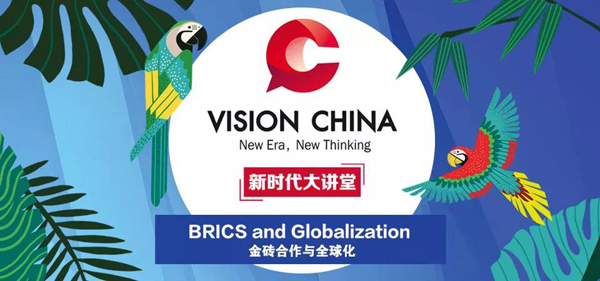South African economist: Working with China has enabled me to live a life that is unique in novels.
Martin Davies, a South African economist and guest speaker of the third issue of China Daily’s "New Times Lecture Hall", pointed out in his speech a few days ago that cooperation with China has enabled him to live a life unique in novels.
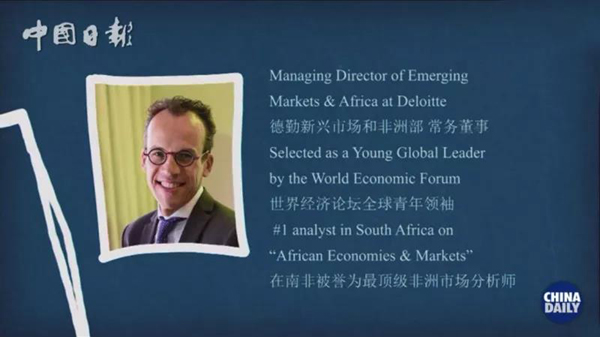
Davis is a South African economist, managing director of Deloitte’s Emerging Markets and Africa Department, and a global youth leader of the World Economic Forum. He is known as the top African market analyst in South Africa. In an interview before the lecture, he told the China Daily reporter: People who don’t know much about China still believe in the inherent labels attached to China, and they still stay in the 1970s and 1980s.
Indeed, as Martin Davies said, foreigners who don’t know China on the Internet ask all kinds of questions. ……
"Is there a railway in China?" "Is there an airport in China?" "Is there a bank in China?"
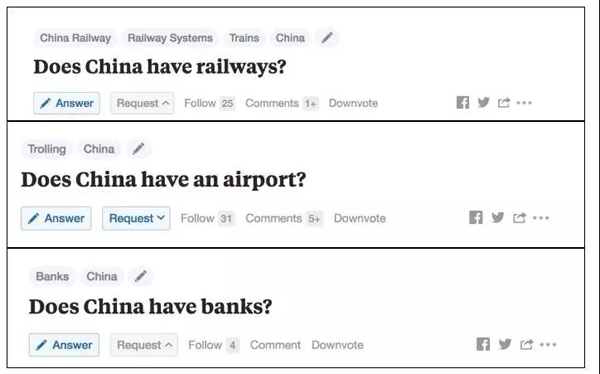
Martin Davies used the stage of "New Times Lecture Hall" of China Daily to tell his friends in Africa that the changes brought by the reform to China society were incredible in just one generation.
This is difficult for us to understand in Africa.
It’ s something we in Africa are unable to comprehend.
The key question is, what can the rapidly developing China bring to Africa?
Some people in the West have repeatedly slandered China-Africa friendship and accused China of "neo-colonialism" and "plundering African resources" in Africa.
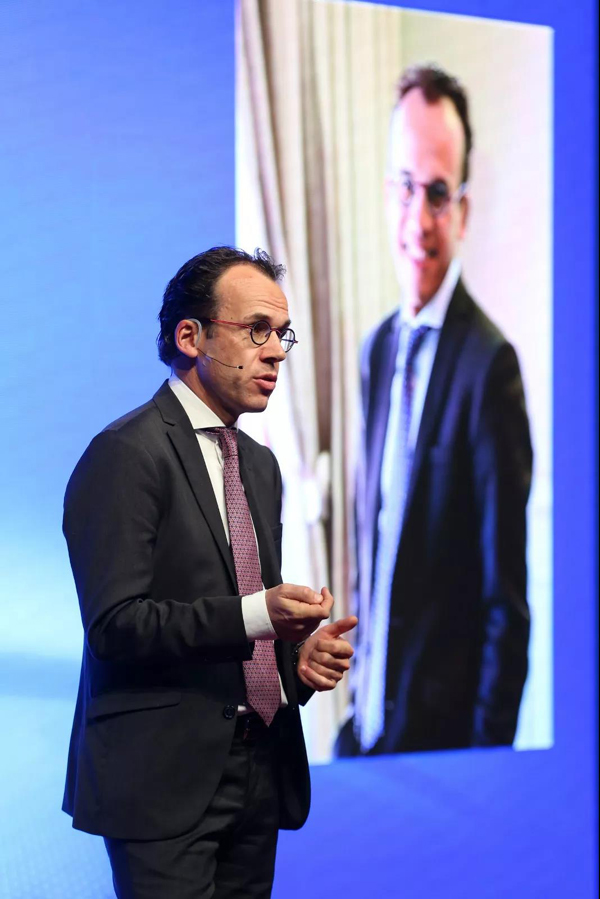
From Martin Davis’ personal experience, it can be seen that China’s investment in Africa is mainly concentrated in the fields of infrastructure, manufacturing and service industry, which is completely different from the behavior of the West that makes Africa a supplier of raw materials and a dumping ground for goods.
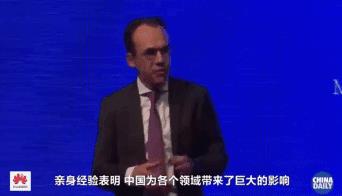
My personal experience shows that China’s finance and China’s companies have greatly changed my life in Africa.
Now I can tell you personally,the impact, the dramatic impact that Chinese financing, Chinese companies … has dramatically transformed my life in Africa.
The new airport terminal was built by China Civil Engineering Group.
…the new airport terminal been built, built by CCECC.
And when you walk out of the airport, who built the road connecting the airport and the city? China’s infrastructure construction company.
When you move from the airports onto the roads linking the airport to the cities. Who’s been building these roads. Chinese infrastructure (companies).
Through the allocation of capital, intellectual property rights and technical capabilities, China has made commuting in Africa easier.
Through the deployment of capital, intellectual property and technical capacity, China has made commuting in Africa significantly easier.
China is not only changing itself, but also gradually influencing the world.
China is not just transforming itself, but increasingly transforming the world.
Martin Davies said that the cooperation with China has enabled me to live a life that I once thought was unique in novels.
Imagine commuting at a speed of 350 km/h every day, and imagine that you can go from Johannesburg to Durban (the eastern port city of South Africa) in an hour and a half. This is not science fiction, this is reality.
Imagine commuting to work every day at 350 kilometers per hour. Imagine commuting to work in Durban in an hour and a half. This is not science fiction. This is reality.
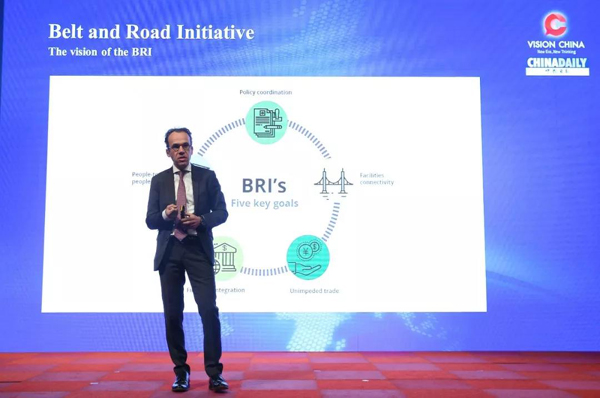
Be wary of trade protectionism
Since the 15th century, businessmen and travelers in China began to explore the world. However, shortly after their exploration began, China fell into isolation in the Qing Dynasty, began to implement a closed-door policy and stubbornly closed itself up, which eventually led to the collapse of the Qing Dynasty.
Chinese traders and travelers started to explore the world since the 15th century. But shortly after these travels and visits of exploration, China entered a period of isolation under the Qing Dynasty. China resorted to protectionism at the time, willfully closing itself off to the outside world, which ultimately resulted in the failure of the Qing Dynasty.
Now that American trade protectionism is on the rise, this situation is similar to that at that time.
These are very interesting parallels to today’ s trends, such as a growing isolationist movement in the United States.
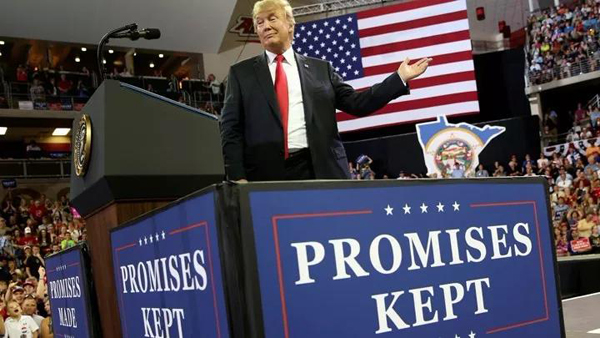
The interaction between China and Africa is the most strategic move in BRICS cooperation.
I believe that the most strategic move in BRICS cooperation is the interaction between China and Africa.
I believe the most strategic play for the BRICS is China’ s engagement with the African continent, as well as Africa’ s engagement with China.
The interaction between China and Africa is a truly mutually beneficial partnership. However, how to strengthen cooperation and coordinate the interests of all parties at the global level to counter the negative trend of protectionism and de-globalization is the challenge we are facing at present.
The engagement between China and Africa is truly a partnership with mutual benefits. Challenges include how to scale the collaboration and the alignmen t of interests at the global level in order to counter the negative trends of protectionism and de-globalization.
I am interested in how the BRICS summit will solve these problems and what resolutions will be proposed.
I am interested to see how the BRICS summit addresses these issues and what resolutions are put forward.
It is reported that the third issue of China Daily’s "New Era Lecture Hall" was held in Johannesburg for the first time, with the theme of "BRICS Cooperation and Globalization".
